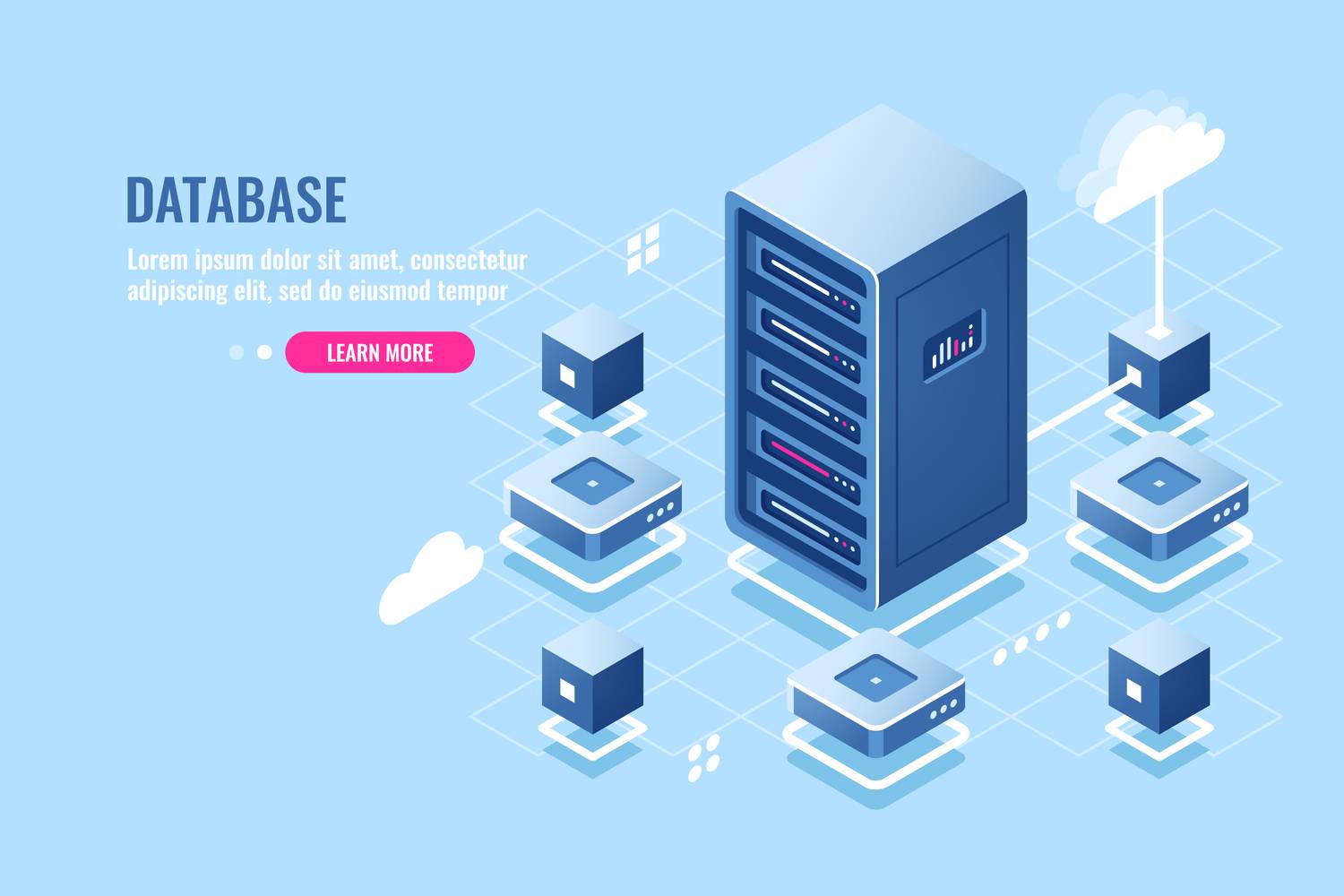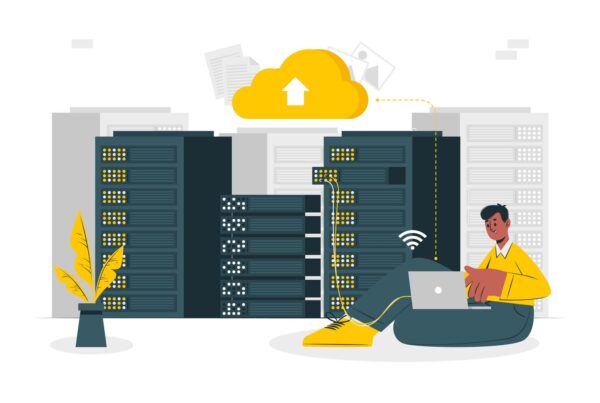The World Wide Web has brought with it some of the most amazing technological advances ever seen by a single generation. Just ten years ago, it was considered “cutting edge” for a company to simply have it’s own website, never mind an interactive page with high-tech graphics and shopping carts. But now if a business doesn’t have its own site, they are considered to be archaic by the majority of net surfers. But with all of these advances come some issues, especially for those companies and businesses that require larger or heavily visited sites. For this and other reasons, dedicated servers and managed hosting has become quite popular in the more recent years of the Internet.
Simply put, a dedicated server refers to the manner in which Web hosting is done. A shared Web hosting company may have several different companies’ websites on one of their “on-premises” computers, all running at the same time. But larger companies (with the websites to match), maybe with a forum or need for a lot of storage, are much better off with their own computer from a Web hosting company. This is what a dedicated server is- one computer from a Web hosting company that is “dedicated” to the needs of one website. Not only does such a server save the client network administration fees and overall costs, client router, Internet connection and security system, but also can usually be fully operated by you, the client.
Once you’ve decided that the best interest of your business and website includes a dedicated server, you need to decide on a Web host. The computer that holds all of your website’s information (the html, graphics, etc.) is your (managed) web host, which may be either dedicated to you or not, as described above). You pay the web hosting company a fee to keep all of your site’s information.
Besides the extra storage space that accompanies a dedicated server, there are many other perks that come along with the package because, of course, a dedicated server is more costly than a shared one. For example, if another website on your shared server were to experience an extremely high level of traffic, your website would suffer drastically. If you want to run your own software on your site, a typical shared server won’t allow you to. And the security level on a shared server is much lower than that of a dedicated one.
When it comes to the future of your website, both a dedicated and shared server enable you to upgrade your space and service as needed, but a dedicated server doesn’t have the restrictions that a shared server will have. After all, when you share a bedroom with your siblings, you’re going to have significantly less closet space than when you have your own room.








